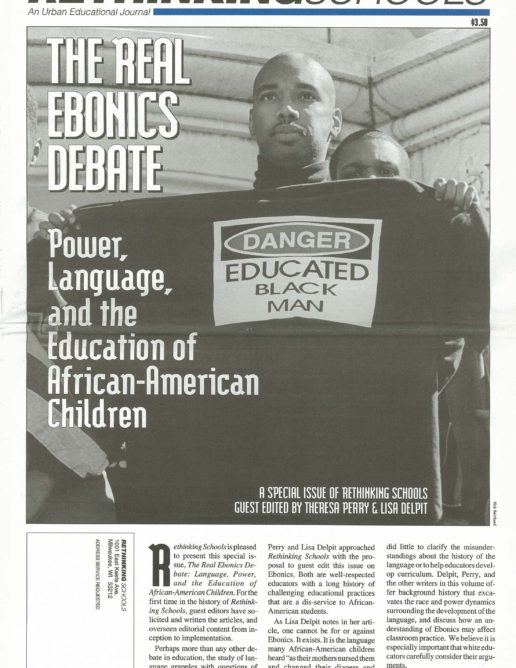Preview of Article:
Holding On To A Language of Our Own
An Interview with Linguist John Rickford
The noted scholar, who has studied the relation between language and culture for the past 25 years, answers questions about the development of African-American language and its connections to contemporary U.S. society.

